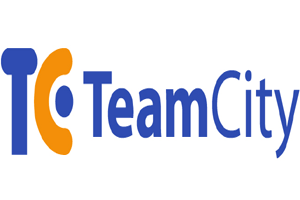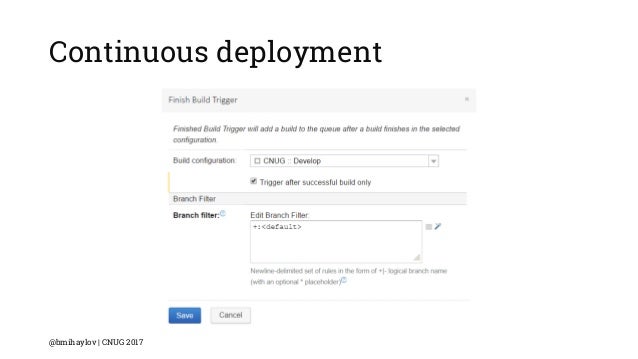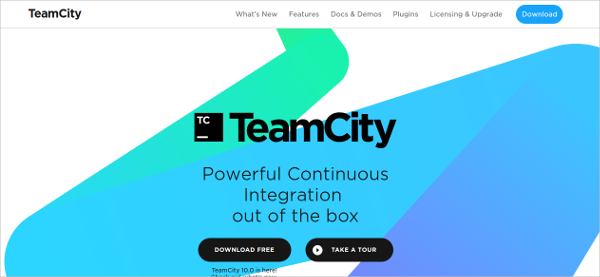


Identically to Ivy example above it is fairly easy to retrieve The code below downloads "core/annotations.jar" from IDEA distribution to "download/ivy" directory: You can get a list of all artifacts produced in a certain build by requesting a special "teamcity-ivy.xml" artifact generated by TeamCity.Īll artifacts published to TeamCity are accompanied by "teamcity-ivy.xml" Ivy descriptor, effectively making TeamCity an Ivy repository. Can also take a form of "artifactName!archivePath" for reading archive’s content, like IDEA’s build file. For example, you can download periodic IDEA builds from last successful TeamCity execution. Fot this request to work 3 parameters need to be specified: btNīuild configuration "id", as mentioned above.īuild number or one of predefined constants: "lastSuccessful", "lastPinned", or "lastFinished".

On the screenshot below, its "id" is "bt343".Īnonymous HTTP access is probably the easiest way to fetch TeamCity artifacts, the URL to do so is: Number of artifacts which we’re going to play with. Its “Community Dist” build configuration provides a Let’s take IntelliJ IDEA Community Edition project hosted at Īs an example.

How? Read on.īefore you retrieve artifacts of any build configuration you need to know its "id" which can be seen in a browser when corresponding configuration is browsed. Produced by TeamCity build configurations. Request, Ant + Ivy, Gradle and Maven to download and use binaries If you’re in a world of Java build tools then you can use plain HTTP In how many ways can you retrieve TeamCity artifacts? I say plenty to choose from!


 0 kommentar(er)
0 kommentar(er)
